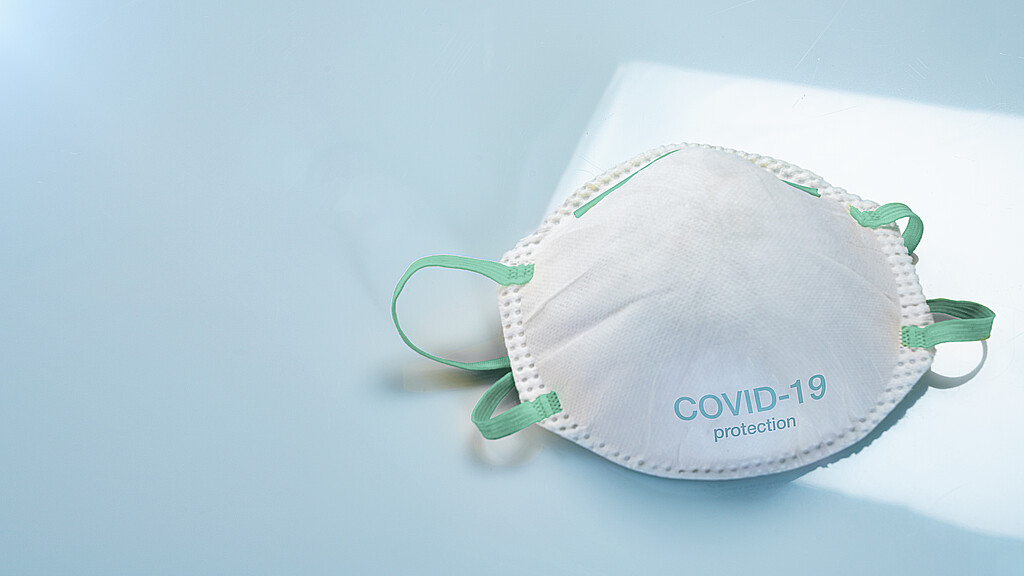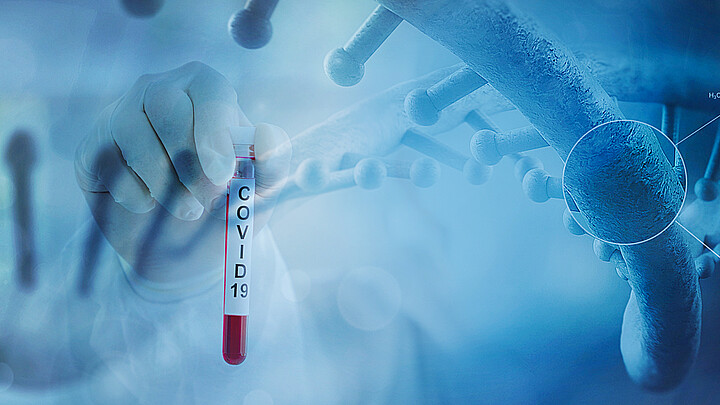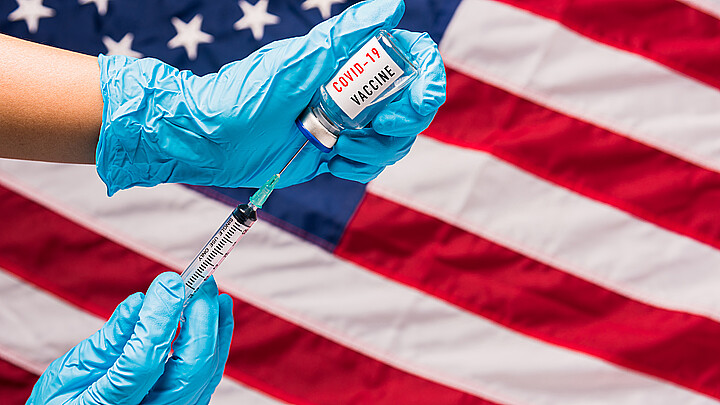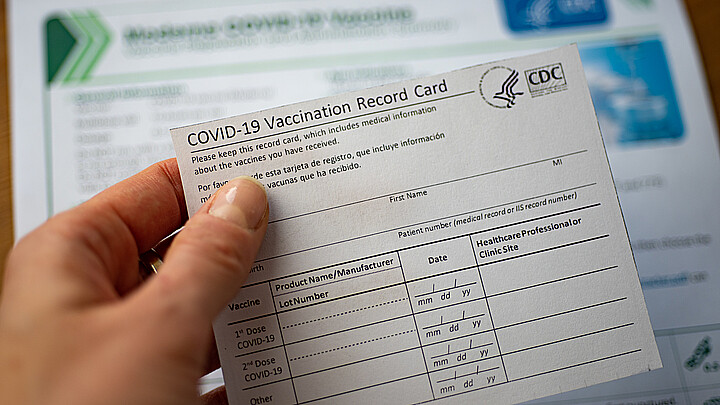Coronavirus
Face masks made 'little to no difference' in preventing COVID, study claims
The review also compared the results of studies comparing the effectiveness of medical or surgical masks to N95 masks, which are largely thought to be more effective

February 14, 2023 6:36pm
Updated: February 15, 2023 8:56am
A new scientific review suggests that wearing face masks may have done little to nothing to prevent the spread of COVID-19, according to a new study led by several scientists and dozens of randomized controlled trials.
Led by 12 researchers from esteemed universities around the world and published by Cochrane Library, the review analyzed the findings of 78 randomized controlled trials to determine whether face masks and washing your hands could lower the risk of spread of respiratory viruses.
The review found that “wearing a mask may make little to no difference in how many people caught a flu-like illness/COVID-like illness (nine studies; 276,917 people); and probably makes little or no difference in how many people have flu/COVID confirmed by a laboratory test (six studies; 13,919 people).”
The study found that “wearing N95/P2 respirators probably makes little to no difference in how many people have confirmed flu (five studies; 8407 people); and may make little to no difference in how many people catch a flu-like illness (five studies; 8407 people), or respiratory illness (three studies; 7799 people).”
The 78 randomized controlled trials studied look at participants from all income levels. The studies were mostly conducted during the H1N1 flu pandemic in 2009, non-epidemic flu seasons, epidemic flu seasons, and the COVID-19 pandemic.
The Centers for Disease Control and Prevention (CDC) changed its mask requirements throughout the course of the pandemic. Initially, the agency claimed that masks were not necessary. However, in 2020, it began to request that all Americans should mask up, with then-CDC Director Robert Redfield calling them “the most important, powerful public health tool we have.”









